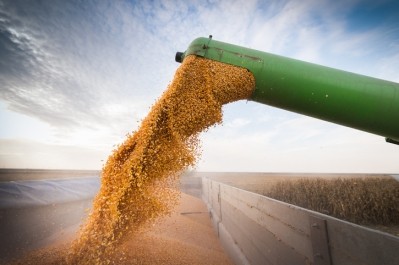EU Commission starts in-depth scrutiny of Syngenta, ChemChina merger

The commission has started a review of the proposed $43bn merger between Switzerland-based Syngenta and the China National Chemical Corporation (ChemChina), it announced Friday. The commission has until March 15 to provide a decision.
“This deal would lead to the combination of a leading crop protection company with one of its main generic competitors,” said Commissioner Margrethe Vestager, who is in charge of competition policy. “Therefore, we need to carefully assess whether the proposed merger would lead to higher prices or a reduced choice for farmers.”
Concerns regarding the proposed merger, which was announced in February, include that ChemChina already controls Adama – Europe’s largest provider of generic crop production products – and that the industry is already condensed, said the commission.
Issues being examined in the investigation include the crop protection markets as Adama may be an “important generic competitor” for Syngenta in that area, said the commission. The merger could reduce competition in those markets and alter both price and availability of choices for farmers.
“Syngenta and ChemChina, through Adama, each have strong partially overlapping portfolios of crop protection products, including herbicides, insecticides, fungicides and plant growth regulators,” reported the commission. “These products are used for the cultivation of several of the main crops grown in Europe, including cereals, cotton, corn, fruits and vegetables, oilseed rape, soybean, sugarbeet and sunflowers.”
The review also is set to examine the supply of active ingredients, the commission said.
US review
A review of the proposed merger also was conducted by the Committee on Foreign Investment in the US, both companies announced in August.
However, the plan also generated questions from several US senators and agricultural groups, like Food and Water Watch and the National Farmers Union, regarding what the deal may mean for national security. There were questions about have a foreign state own a US agricultural asset and about the ability to ensure a safe food supply.








